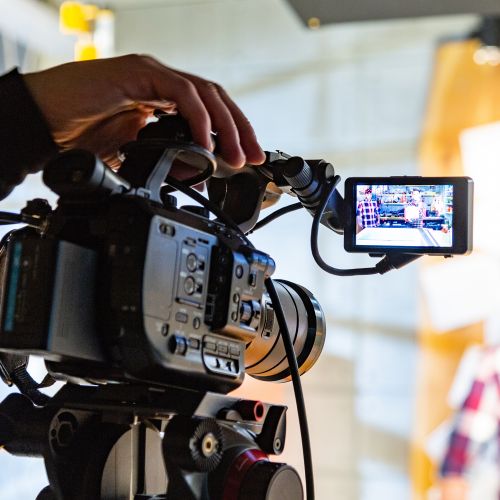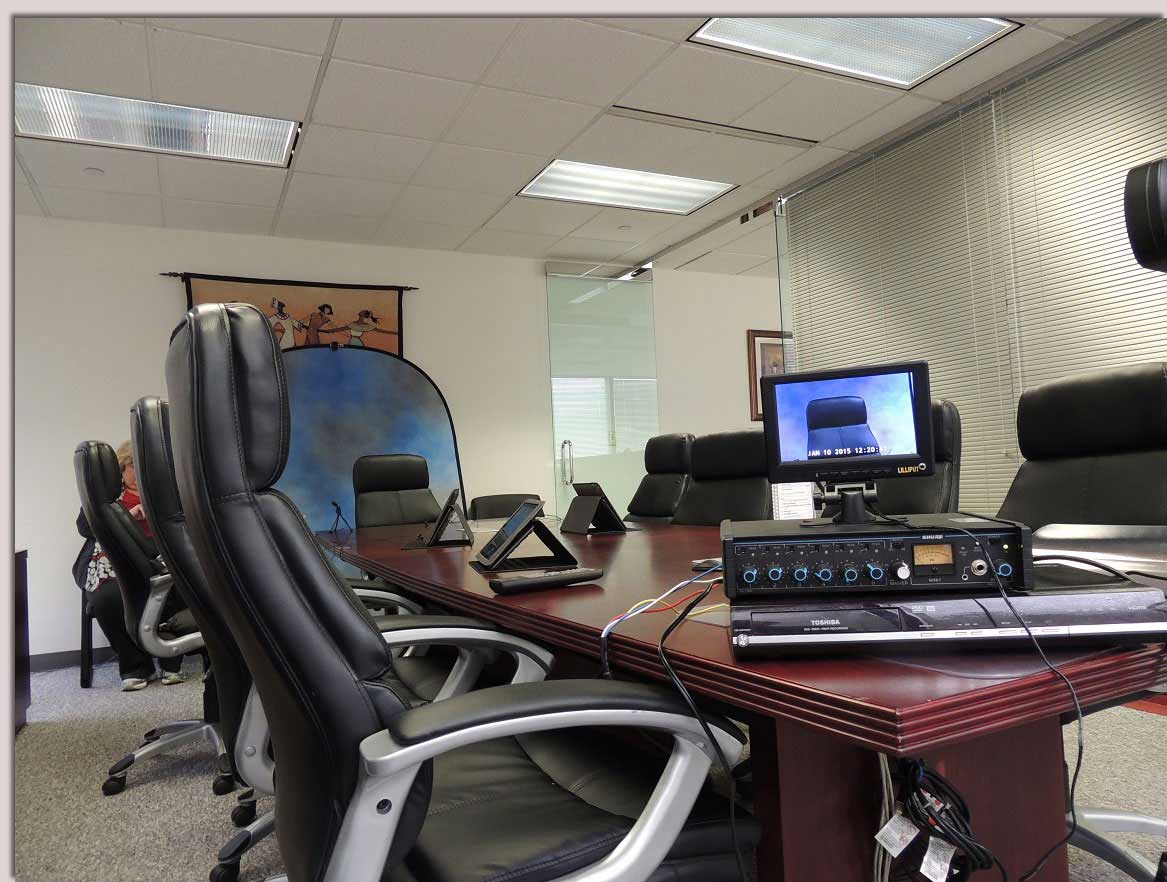Reliable Legal Videography for Courtroom Documentation.
Reliable Legal Videography for Courtroom Documentation.
Blog Article
The Duty of Legal Videography in Depositions and Trials
Lawful videography has emerged as a vital device in both depositions and trials, giving a multifaceted technique to documenting witness testimonies. By recording not just the talked word however likewise the nuances of non-verbal communication, this medium boosts the trustworthiness of testimonies and maintains important evidence for future procedures. As lawyers progressively recognize its value, it triggers a much deeper examination of how these visual documents can influence juror perceptions and test outcomes. What ramifications might these advancements hold for the future of lawful technique?
Significance of Legal Videography
Lawful videography plays a pivotal role in the documentation and presentation of depositions and trials. This specific field incorporates technical abilities with lawful understanding to produce a reliable document of procedures that can dramatically influence case outcomes. The appearance of lawful videography enhances the understanding of witness testimony, enabling jurors and judges to observe not only the talked words however additionally the behavior, emotions, and body language of the witnesses.

The significance of lawful videography expands past the court room; it also plays a vital duty in preserving proof for future recommendation, whether for charms or more lawsuit. Its assimilation right into the legal procedure is crucial for ensuring a fair and precise representation of the facts, inevitably contributing to the quest of justice.

Refine of Legal Videography
While recording the nuances of depositions and trials, the process of lawful videography entails numerous critical steps that make sure high-grade, accurate recordings. Initially, an expert legal videographer prepares by assessing the situation materials and recognizing the particular needs of the deposition or trial. This preparation consists of acquainting themselves with the individuals and the context, which aids in recording relevant details.
On the day of the recording, the videographer establishes the needed tools, which commonly includes high-def cameras, microphones, and appropriate lights. Guaranteeing optimum angles and sound high quality is important, as it directly influences the effectiveness of the recording. The videographer communicates with attorneys and participants to establish protocols, guaranteeing that everybody comprehends the recording procedure.
Throughout the deposition or test, the videographer thoroughly tape-records the process, paying attention to both verbal and non-verbal hints. legal videography. This includes recording the temperament and responses of witnesses and attorneys. After the session wraps up, the videographer might edit the video footage for quality and conformity with lawful standards, creating a final product that accurately reflects the proceedings for future recommendation and use in lawful contexts
Benefits in Depositions
The unification of videography in depositions provides countless advantages that boost the general procedure of collecting evidence. One key advantage is the capacity to capture witness testaments with visual and auditory fidelity, providing an extra precise representation of the witness's behavior, tone, and body language. This multidimensional strategy allows lawyers and juries to analyze reliability better than conventional written records alone.
Furthermore, videographed depositions act as a powerful tool for protecting testimony. Ought to a witness become unavailable for trial, their tape-recorded deposition can be played in court, ensuring that their evidence remains accessible and pertinent. This aspect dramatically minimizes the risk of losing vital details that might impact situation results.
Furthermore, making use of legal videography advertises far better prep work for lawyers. Reviewing video clip footage enables lawful teams to analyze and refine their strategies, recognizing toughness and weaknesses in their cases. This primary benefit can lead to more compelling discussions in court.
Last but not least, videography enhances the overall professionalism and reliability of the deposition process, instilling confidence in clients regarding the thoroughness of their lawful representation. By leveraging technology, attorneys can substantially enhance her response the efficiency of depositions.
Effect On Tests
In lots of tests, the integration of videography can substantially affect the presentation of evidence and the jury's assumption. Lawful videography catches witness testaments and critical evidence in a vibrant style, enabling jurors to engage with the product on numerous levels. This aesthetic element enhances the storytelling facet of a trial, giving context and emotional resonance that traditional text-based evidence might do not have.
Furthermore, video clip recordings can act as powerful devices for impeachment during interrogation. When discrepancies develop in between a witness's prior declarations and their court statement, video proof offers an objective reference that can persuade jurors' opinions. This immediacy and quality can boost the reputation of a celebration's narrative while all at once undermining opposing disagreements.
In addition, using videography can help enhance complicated details, making it more available to jurors who might battle to realize elaborate information offered only via spoken statement. By combining visuals with acoustic details, legal videography can improve retention and understanding, inevitably influencing the jury's decision-making process. The influence of videography in tests expands past mere appearances; it plays a vital function in shaping the legal landscape and results.
Future Trends in Legal Videography
As we look towards the future of lawful videography, numerous arising patterns guarantee to improve its duty within the courtroom. One considerable fad is the assimilation of expert system (AI) in video evaluation and editing - legal videography. AI can improve the procedure of identifying crucial minutes in tape-recorded depositions, allowing attorneys to swiftly access pertinent material, thus enhancing performance in instance prep work
In addition, the surge of online reality (VR) and boosted fact (AR) innovations is expected to change exactly how jurors experience evidence. By submersing jurors in a substitute setting, these modern technologies can offer a much more extensive understanding of intricate circumstances, bring about even more enlightened considerations.

Additionally, the raising need for remote depositions, accelerated by the COVID-19 pandemic, will likely proceed. Legal videographers will require to adjust to new software application and systems to guarantee high-grade recordings in online settings.
Last Clicking Here but not least, the growing emphasis on information security will require stricter methods for storing and sharing video evidence. As the legal landscape evolves, legal videographers should remain abreast of these trends to keep their significance and performance in the judicial process.

Conclusion
In recap, lawful videography serves a crucial function in the judicial procedure, boosting the integrity of depositions and trials. As technology proceeds to read the article evolve, legal videography is positioned to further change its duty within the lawful landscape.
Report this page